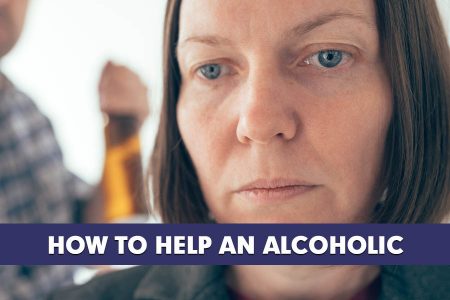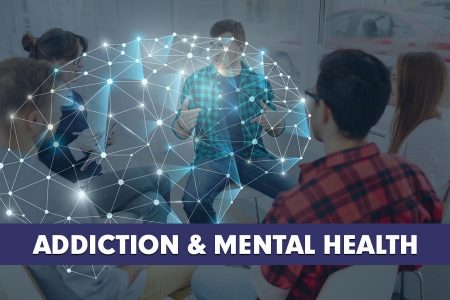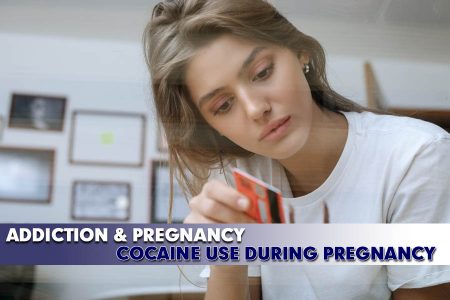Opioid Addiction Rehabilitation
Opioids are a class of drugs that act in the nervous system to produce feelings of pleasure and pain relief and are extremely addictive. Some are legally prescribed in healthcare such as oxycodone, fentanyl, byprenorphine, methadone, oxymorphone, codeine, and morphine.
While other opiates such as heroin are illegal drugs used recreationally.
We can help you overcome your addiction to opioids with Addiction Rehabilitation.
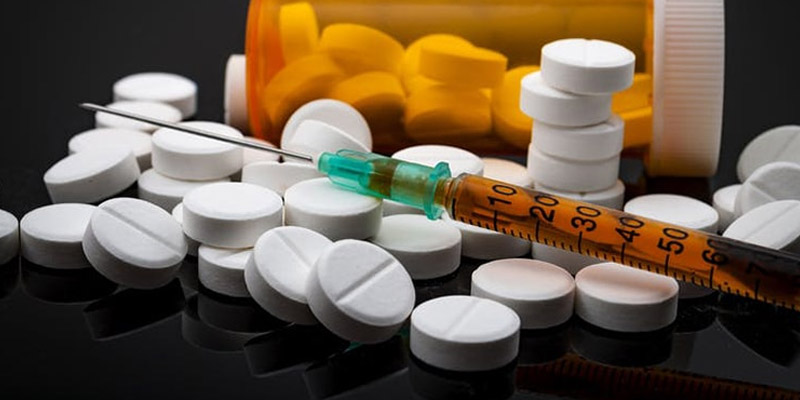
CALL OUR TOLL FREE HELP LINE NOW 855 885 5805
Opioid - Opiate - Heroin Addiction, Withdrawal, and Treatment
Opioids act within the nervous system, producing feelings of pain relief and pleasure. They’re extremely addictive. Though some, such as fentanyl, oxycodone, methadone, buprenorphine, codeine, morphine, and oxymorphone, are legally prescribed, others, like heroin, are used illicitly and recreationally. We can help you manage an addiction to heroin or opioids.
To create the most effective opiate or heroin addiction treatment plan for every patient, our team considers numerous factors, such as:
- How long the patient has been using drugs
- The frequency and amount of substance use
- Whether they use alcohol and other drugs along with opioids
These are just some of the considerations that give us relevant information about each person’s specific situation. In customizing a rehabilitation program that’s customized to your needs, we’ll also consider your medical conditions and other mental and physical issues you’re encountering.
Is There a Difference Between Opioids and Opiates?
Though the terms are frequently used interchangeably, there’s a difference. Opiates are substances with active opium-derived ingredients, while opioids are synthetic drugs that mimic opium’s natural effects. These drugs fall into two different categories: completely and partially synthetic (like heroin).
Opioids and opiates both work by activating the brain’s pleasure centers, which release endorphins or “feel-good” chemicals. The release of endorphins brings feelings of euphoria, calmness, relaxation, and tranquility, which are highly addictive. Both types of drugs carry the same potential for abuse and addiction. Abuse is demonstrated with drug-seeking behaviors and the tendency to buy, borrow, or steal to get the drug. If a person cannot access their drug of choice, they may seek out heroin on the illegal drug market.
Who’s at Risk
Anyone who receives a prescription for opioids may become addicted under the right circumstances. Opioid addiction after a serious injury or a surgery is common in Canada, and those with severe injuries and chronic pain are at a high risk. Most start out taking their medicines as directed, but as their tolerance increases and dependence develops, they may increase the dosage. When a person becomes accustomed to the euphoric effects of such drugs, addiction will inevitably follow.
Illegal use of prescription opioids is also common, and young people are frequent victims. Sometimes they start with legally prescribed drugs, but they then move on to stealing others’ medicines or buying them on the street. A young person’s undeveloped brain is more susceptible to the effects of addiction, and in many unfortunate cases, they end up in a lifelong struggle. A family’s history of alcoholism or addiction may make a person more likely to become addicted to opioids, opiates, or heroin, as can past trauma or the early use of such drugs.
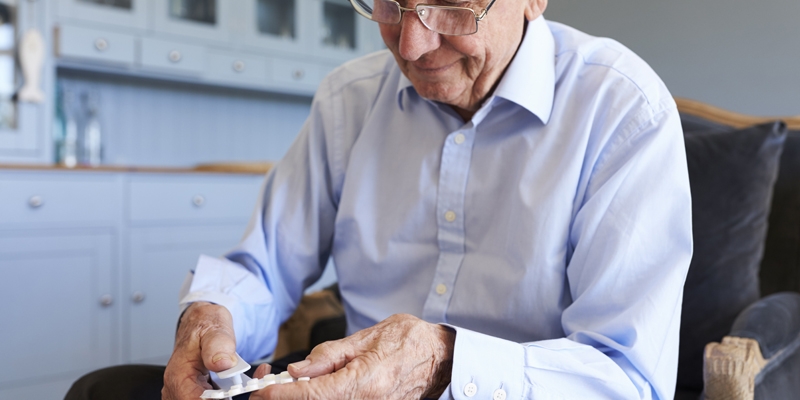
How to Tell If You’re Addicted
While there’s no lab work or blood test to diagnose an addiction, there are certain behavioral signs of a problem. If you’re obsessing about obtaining and using the drug and then spending the rest of your time recovering from its aftereffects, you may be dealing with a drug addiction. We will help you identify the signs of drug dependency, such as:
- Overusing painkillers and frequently visiting doctors for prescription refills
- Doctor shopping for multiple prescriptions
- Stealing painkillers from others
- Putting excessive time, energy, and money into obtaining drugs
- Feeling irritated, depressed, and ill when abstaining from drugs
- Euphoria (during immediate use only)
- Mood swings, hallucinations, disorientation, and delusions.
- Anxiety, and Paranoia
- Hostility towards other
- Agitation and irritability
- Weight loss
- Scabs, or bruises (result of picking at the skin)
- Frequent respiratory infections and shortness of breath
- Constricted pupils
- Nausea and vomiting
Have you attempted to stop using on your own without success? Are you forgetting your personal values, engaging in risky behaviors, or dealing with negative personal and professional consequences? If you’re unsure of the severity of your issue, consult a licensed professional today.

How Opiate/Opioid Addiction Occurs
When opioids are given for the relief of pain, they’re safe, as long as they’re taken as prescribed. However, if they’re misused, regular usage will lead to tolerance, dependence, addiction, and potentially, overdose or death. Because of their euphoric effects, opiates and opioids are often misused. Many wonder how long it takes to develop an addiction, and there’s no firm answer to that question. Every person is unique, and numerous factors affect the speed with which a patient becomes addicted.
With excessive and repetitive use, it doesn’t take long to become dependent. In just a few days of continuous heroin usage, some patients experience withdrawal symptoms if they stop using. When people use opioids, opiates, or heroin simply to get high, they may become addicted very quickly. The usage of other substances, as well as a person’s addictive personality, may lead them to become addicted even faster.
How Heroin and Opioid Addictions Are Treated
Opioid and heroin treatment services and programs vary by the level and type of service needed to fully address a patient’s specific situation. Here are some of the most important components of a successful addiction treatment program:
- Medical detox
- Assessments of the patient’s substance abuse, medical, and mental health histories
- Mental health care
- Medical care
- Medication-supplemented treatment
- One-on-one and group chemical health care
- Fitness and wellness
- Introduction to a twelve-step program
- Nutritional counseling
- Customized care
- Family services
- Education
- Spiritual care
- Post-rehabilitative planning
Every person is unique, and you may not progress through rehab at the same speed someone else does. Though there are certain milestones in recovery from opioid or heroin addiction, your path to recovery will be based on your needs, your challenges, and your situation. One or several of the following levels of rehabilitation may be suggested.
- Recreation Programs
- Holistic treatment approaches (inc. Yoga, Meditation)
- Art and Music therapy
- Relapse prevention information
- Life management
- Counselling for individuals, groups, and families
- Nutritional and dietary counselling
- Physical fitness and personal training
- Aftercare treatment solutions
How Long Does Opioid and Heroin Rehab Take?
The length of time a patient participates in a treatment program is based on their individual needs. Clinical staff will work with patients, families, and insurance providers to form the best possible treatment plan. Like high blood pressure and diabetes, addiction is an ongoing condition.
To regain and maintain your health, you’ll need to learn how to manage the symptoms of addiction, first within a structured, supportive rehab setting, and then in your own home. From there, you’ll be the one in charge of your continued sobriety.
According to recent research, recovery from opioid or heroin abuse requires continuous involvement in recovery-centric activities. Engagement is particularly important during the first year and a half, as that’s when relapse is most likely.
Our Methods
The first and most crucial step in the treatment process is to understand the severity of a patient’s dependency on opioids or heroin. After we’ve identified a client’s needs, we’ll proceed with our programs. These include group or individual counseling, medical detox, life management education, yoga and meditation therapy, physical therapy, and other treatments. The stage and level of a person’s addiction is immediately and fully assessed so their unique needs are identified.
Canadian Addiction Rehab offers confidential, professional, and comprehensive addiction treatment for patients, their families, and other loved ones. The center is just a short distance from Hamilton, Montreal, and Toronto, and because it’s close to two major airports, it’s accessible by air from anywhere in Canada. Consult one of our addiction specialists today to learn more about our heroin and opioid addiction treatment methods.

About Opiate Withdrawal Symptoms
Many people suffering from heroin addiction or opioid dependence stay out of rehab because of a fear of withdrawal side effects. Medically Supervised Detox is the only way to safely withdraw from opioid dependency. However, it’s important not to let such fears keep you from getting the treatment you need. Our clinical staff will expertly guide you in successfully and safely managing the physical and mental challenges of withdrawal from opiates or heroin.
How Addiction and Withdrawal Are Treated
At Canadian Addiction Rehab, we use medications to ease the symptoms of withdrawal (if they’re clinically indicated). Our medical team will work with patients to make their detox and withdrawal as comfortable and safe as possible. Once you’ve been stabilized, our clinical team will recommend the best treatment path for your needs.
Why Professional Care for Heroin and Opioid Addiction is Necessary
When a person withdraws from heroin and opioids, they may experience a range of health risks that should be monitored in a medically- and professionally-supervised detox setting. In certain cases, withdrawal is fatal, which is why medical supervision is so crucial.
The primary fatality risk during withdrawal is due to the high likelihood of relapse. As a person’s body withdraws from heroin or opioids, their tolerance diminishes. Therefore, they need less of the substance to feel its effects. Most addicts fail to consider this, which means if they relapse, they are more likely to overdose. Patients shouldn’t attempt to detox at home; Canadian Addiction Rehab offers supervised, compassionate detox to ensure a safe and comfortable withdrawal process.
Get Help Now
If you’re worried about your own or a loved one’s opioid, opiate, or heroin usage, it’s important to seek professional help immediately. The team at Canadian Addiction Rehab will work with you to help determine the proper course of action to take for recovery.
Make an Appointment
Call Now for Support
1 855 885 5805
For treatment or support, we’re only a phone call away. Our professionals are available to help around the clock.

